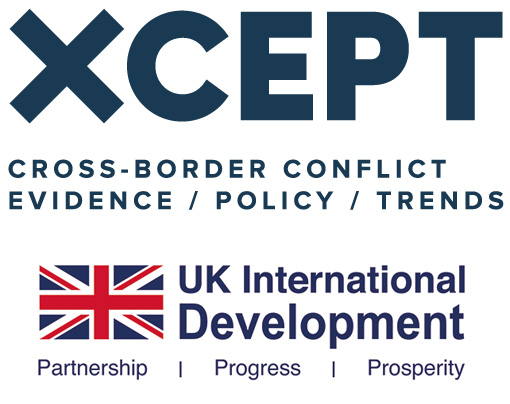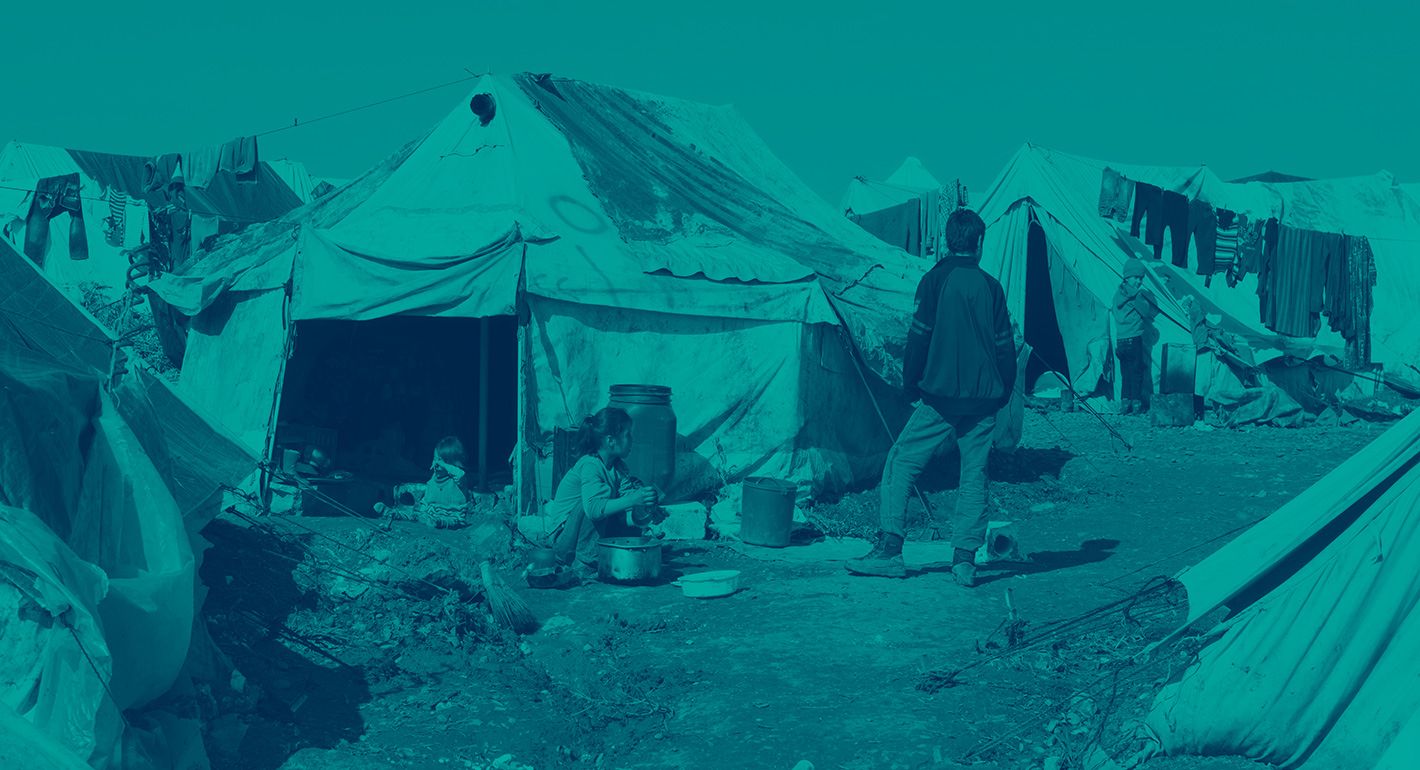Registration
You will receive an email confirming your registration.
Following the Syrian civil war, the Captagon trade became a major source of revenue for the now-deposed Assad regime in Syria and various military actors. This led to the emergence of a new generation of drug barons along the Lebanese-Syrian border. Unlike traditional tribal-based drug traffickers, this new generation of traffickers wields significantly more influence over Lebanon’s political center and security services. How will the downfall of the Syrian regime impact these dynamics? And will the current political shift in Lebanon, moving away from Hezbollah, bolster the state’s counter-narcotics efforts?
To explore these issues, the Malcolm H. Kerr Carnegie Middle East Center is organizing a virtual panel discussion on March 19, at 4:00 PM Beirut Time, EET (UTC+2)/ 10:00 AM EDT. The speakers are Mohanad Hage Ali, deputy director for research at the Malcolm H. Kerr Carnegie Middle East Center, Armenak Tokmajyan, a nonresident scholar at the Malcolm H. Kerr Carnegie Middle East Center, and Caroline Rose, director of the Strategic Blind Spots Portfolio at the New Lines Institute. The event will focus on a Carnegie paper exploring these issues, titled “Double Dealers: Lebanon and the Risks of Captagon Trafficking,” authored by the panelist Mohanad Hage Ali.
The discussion will be held in English and moderated by Alia Ibrahim, a co-founder and CEO of Daraj.com, an independent digital media platform. Viewers may submit their questions to the panelists using the live chat feature on Facebook and YouTube.
For more information, please contact Najwa Yassine at najwa.yassine@carnegie-mec.org.

